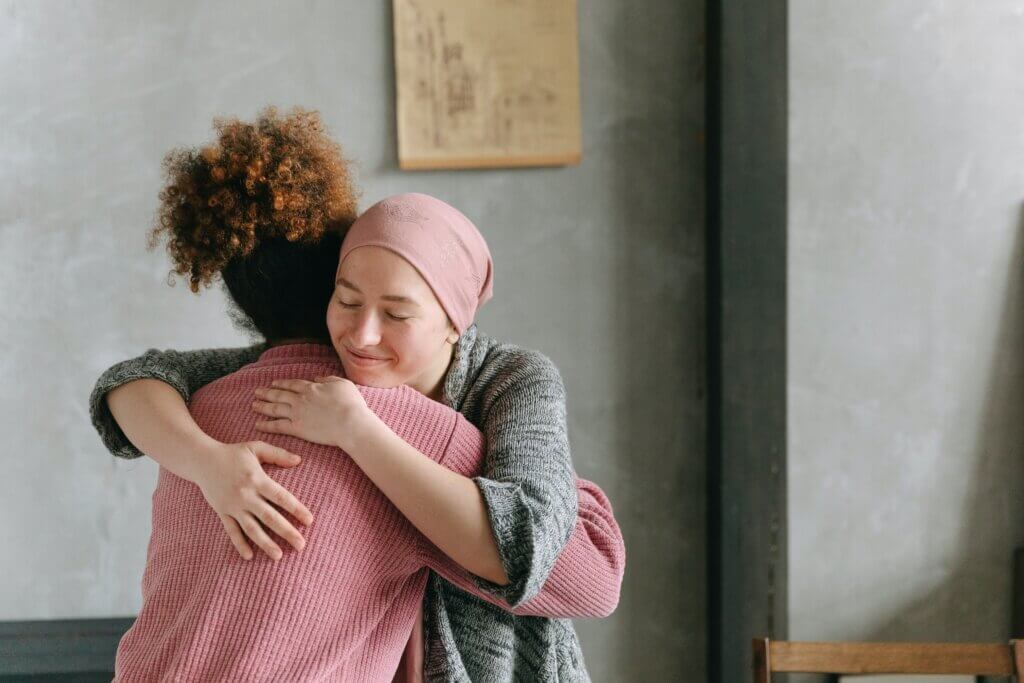It is common for memories to be triggered by certain odors, however, the basis by which this occurs has not been identified, until now. In a recent study, researchers at the Northwestern University Feinberg School of Medicine found a distinct pathway between the olfactory region and the hippocampal region of the brain. Since the hippocampus elicits memories, this connection serves as the mechanism by which odors stimulate memory production.
Researchers say this pathway is not associated with any other regions of the brain, suggesting the only sensory signals that can cause direct stimulation of the hippocampus by this pathway are those caused by smell. Though other sensory regions are connected to the hippocampus, the olfactory region has the strongest neural connection.
“During evolution, humans experienced a profound expansion of the neocortex that re-organized access to memory networks,” said lead investigator Christina Zelano, assistant professor of neurology at Northwestern University Feinberg School of Medicine. “Vision, hearing, and touch all re-routed in the brain as the neocortex expanded, connecting with the hippocampus through an intermediary–association cortex–rather than directly. Our data suggest olfaction did not undergo this re-routing and instead retained direct access to the hippocampus.”
Since the onset of COVID-19, many people have suffered the loss of smell. “Smell loss has become epidemic, and understanding the way odors affect our brains–memories, cognition and more–is more important than ever,” said Zelano.
“There is an urgent need to better understand the olfactory system in order to better understand the reason for COVID-related smell loss, diagnose the severity of the loss, and develop treatments,” said first author Guangyu Zhou, research assistant professor of neurology at Northwestern. “Our study is an example of the basic research science that our understanding of smell, smell loss, and future treatments is built on.”
During an interview with Zelano, she explained why odors seem to bring up powerful memories. “This has been an enduring mystery of human experience. Nearly everyone has been transported by a whiff of an odor to another time and place, an experience that sights or sounds rarely evoke. Yet, we haven’t known why. The study found the olfactory parts of the brain connect more strongly to the memory parts than other senses. This is a major piece of the puzzle, a striking finding in humans. We believe our results will help future research solve this mystery,” explained Zelano.
“The COVID-19 epidemic has brought a renewed focus and urgency to olfactory research. While our study doesn’t address COVID smell loss directly, it does speak to an important aspect of why olfaction is important to our lives: smells are a profound part of memory, and odors connect us to especially important memories in our lives, often connected to loved ones. The smell of fresh chopped parsley may evoke a grandmother’s cooking, or a whiff of a cigar may evoke a grandfather’s presence. Odors connect us to important memories that transport us back to the presence of those people,” added Zelano.
“Loss of the sense of smell is underestimated in its impact. It has profound negative effects on quality of life, and many people underestimate that until they experience it. Smell loss is highly correlated with depression and poor quality of life,” said Zelano.
“Most people who lose their smell to COVID regain it, but the time frame varies widely, and some have had what appears to be a permanent loss. Understanding smell loss, in turn, requires research into the basic neural operations of this under-studied sensory system. Research like ours moves the understanding of the olfactory parts of the brain forward, with the goal of providing the foundation for translational work on, ultimately, interventions,” concluded Zelano.
This study is published in Progress in Neurobiology.












